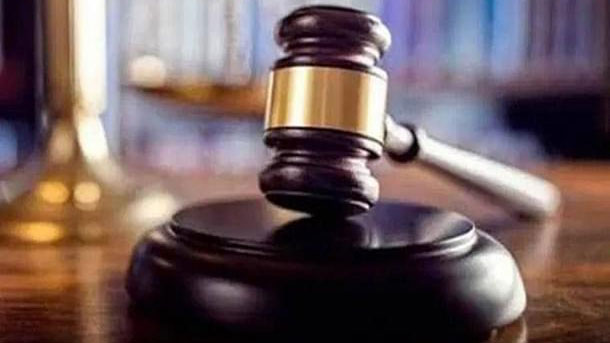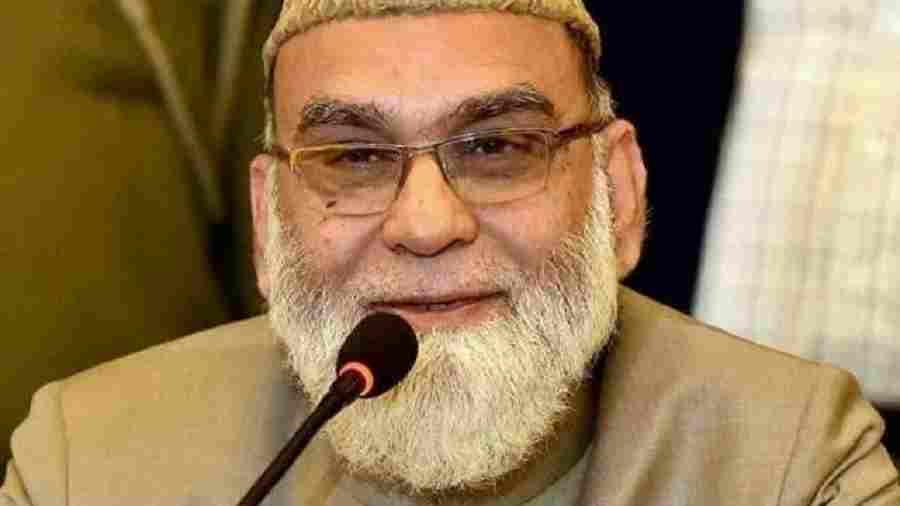The Mathura district court on Thursday admitted a title suit that claims the land on which the Shahi Idgah Masjid stands is Krishna’s birthplace and seeks its acquisition, a development that lends itself to another round of divisive politics.
The petition before district judge Rajiv Bharati’s court, filed by high court advocate Ranjana Agnihotri whose website has pictures of her meeting RSS leaders, says the entire 13.37 acres that the mosque and the adjoining Sri Krishna Janmasthan temple share belong to the Hindu shrine.
However, the management committees of the temple and the mosque have repeatedly said they have nothing to do with such disputes as they had decided in 1968 to coexist amicably.
Still, several similar petitions — which echo a Sangh parivar campaign to “free” purported Hindu holy sites of Islamic structures — are pending in various courts while one was dismissed by a civil judge two years ago.
Petitions are pending before multiple courts in Varanasi, too, seeking to establish that the Gyanvapi mosque was built after demolishing parts of the original Kashi Vishwanath temple. Sangh parivar outfits have been talking of having the Gyanvapi and Idgah removed just as the Babri Masjid in Ayodhya had to make way for a Ram temple.
The Gyanvapi campaign received a boost this week with a Varanasi civil judge ordering the sealing of an area on the mosque premises where a court-appointed commission has found a purported Shivalinga in a tank.
One of the lawyers representing the Hindu side in the Gyanvapi case, Hari Shankar Jain, is also representing Agnihotri in the Mathura district court.
Tanveer Ahmad, counsel for the Shahi Idgah Masjid, said: “The petition shouldn’t have been admitted since the Places of Worship (Special Provision) Act, 1991, mandates status quo on religious structures as they were on August 15, 1949 (with the exception of the Ramjanmabhoomi-Babri Masjid site).”
In 2020 — months after the Supreme Court had settled the Ayodhya dispute in favour of the Hindu side — four people had moved a joint petition before a Mathura civil court claiming the Idgah-Janmasthan plot for the little-known Sri Krishna Janmabhoomi Trust. The case is pending.
The same year, advocates Mahendra Pratap Singh and Rajendra Maheshwari, and Hindutva organisations United Hindu Front and Dharm Raksha Sangh, had petitioned another civil court in Mathura claiming the plot for Hindus.
They had argued that the co-existence agreement of October 12, 1968, between the Sri Krishna Janmasthan Seva Sangh (which runs the temple) and the Intezamia (management) committee of the mosque was illegal. The court threw the plea out.
Another case was filed in Allahabad High Court in 2020 seeking excavation of the spot where the mosque stands to prove a Krishna temple had been destroyed to build it.
Gyanvapi report
Vishal Singh, special advocate commissioner of the panel that allegedly found the “Shivalinga” on the Gyanvapi premises, on Thursday submitted the survey report to senior civil judge Ravi Kumar Diwakar’s court.
“I submitted a 12-page report with videos and pictures,” Singh told reporters. He said the court would now seek the responses of the mosque management and the state government.
“I have tried to be unbiased and incorporated the claims of the Hindu as well as the Muslim side. My report is based on the surveys done for three days from May 14,” Singh added, admitting that the Supreme Court was hearing the mosque management’s challenge to the survey.
Ajay Kumar Mishra, removed as advocate commissioner after being accused of leaking information about the survey, earlier handed a two-page report to court officials on Wednesday without being asked to do so. Officials said the report would not be accepted.
“Although I have been removed from the survey commission, I had done 10 per cent of the work on May 6 and 7. My report says there are figurines symbolising Hindu gods and goddesses on the western boundary wall of Gyanvapi,” he told reporters.












